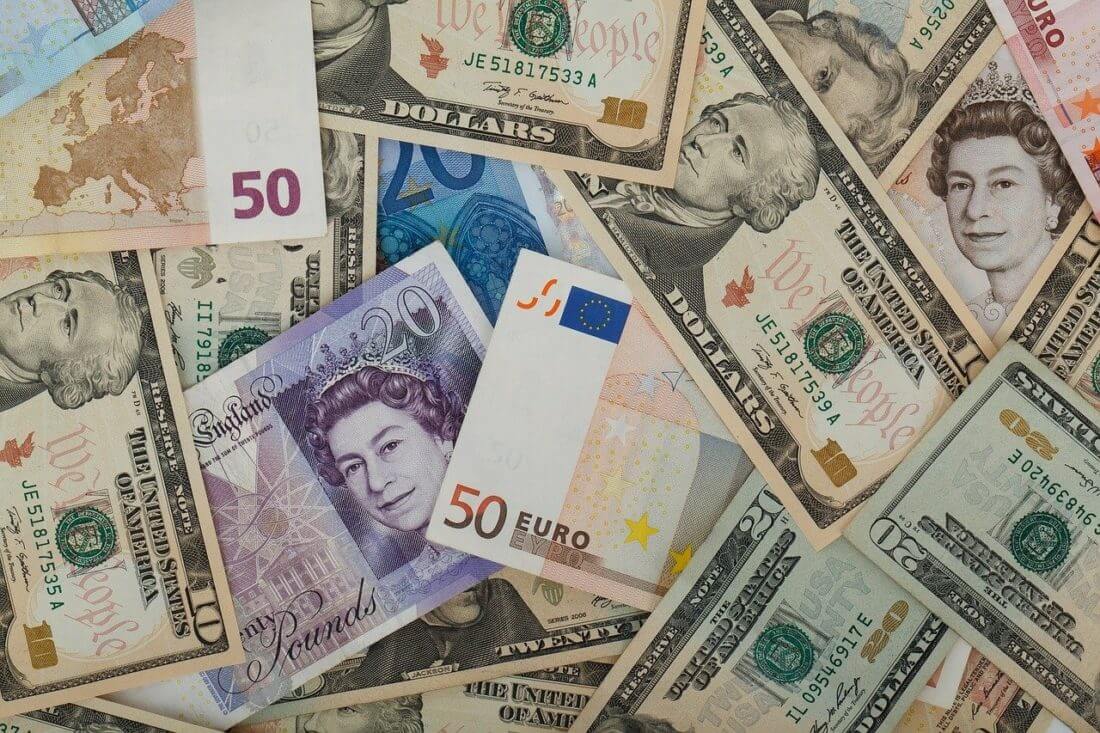The global downturn has taken a toll on emerging-market currencies as investors avoid economies seen as weak. This toll has increased the price of imported products and launched domestic prices upward.
This leaves central banks with a dilemma: Lowering rates to stimulate the economy risks quickening inflation, causing more pain on customers, but increasing rates to tamp down inflation could moreover chill an already slow economy.
India has the second-highest number of published COVID-19 cases, at over 6.5 million, and transportation bottlenecks created by the epidemic have managed to food deficits in urban areas. The consumer price index for vegetables surged 11% on the year in August, while meat and fish climbed 16%, government data shows.
Energy Prices have Increased Due to the Lower Rupee
India’s economy contracted a record of 23.9% in the April-June quarter. Some analysts predict a reduction of more than 10% for fiscal 2020 as a whole. This fall usually would call for interest rate cuts to boost the economy, but doing so could push prices even higher.
The Reserve Bank of India had been required to stand pat on rates at its now-postponed Oct. 1 monetary policy conference.
Brazil’s CPI for food bounced 8.8% on the year in August with rice, a household staple, growing more than 19%. A lower currency has raised prices for many products, increased by domestic supply chain interruptions created by the epidemic.
The central bank began lowering interest rates in July 2019, and the policy rate remains at a record low of 2%. This number is lower than the speed of inflation, basically putting rates in negative territory. Prices are growing faster than the rate at which bank deposits earn interest, consuming money’s value. The bank opted upon further releasing at its September conference, regarding further cuts as challenging to maintain.
The Overall CPI Rose by 6.69% – the Third Continuous Month above 6%
At least one country has increased rates amid an economic drop, wishing to shore up its currency and inflation control. Turkey’s central bank raised its policy rate by two percentage points to 10.25% on Sept. 24, its first hike in two years, to keep a lira failing in the record-low territory.
The country’s CPI grew 11.77% on the year in August. In Istanbul, bread prices were increased prior month for the first time in nearly two and a half years, in reply to higher ingredient prices. The wheat price reportedly rose 85% over that time, while electricity costs rose more than 133%.
The main accused is the low lira, which has decreased more than 20% versus the dollar after the start of the year and lately set new lows for days on end.
The Turkish economy contracted 9.9% in the second quarter of 2020. The tourism industry, regularly a vital origin of foreign currency, proceeds to struggle.











